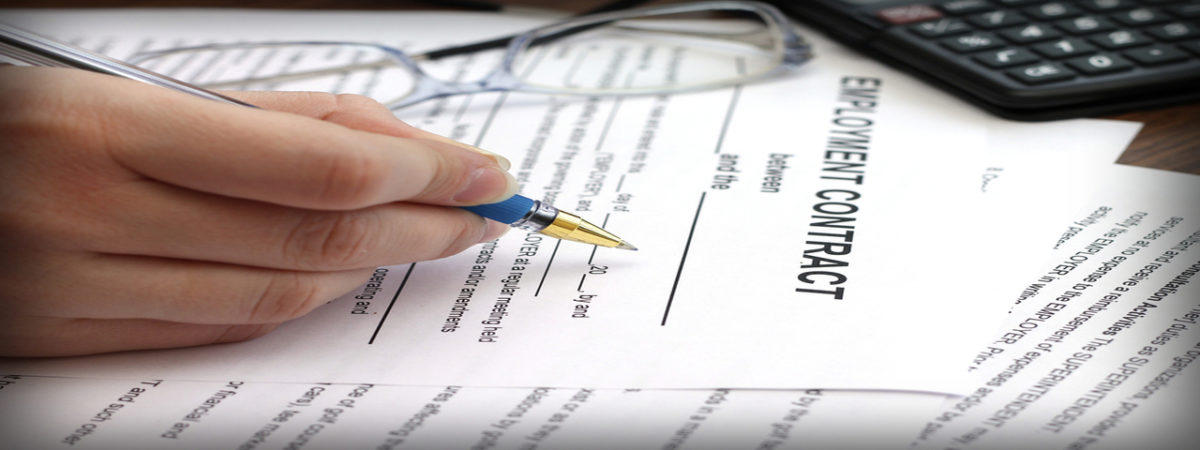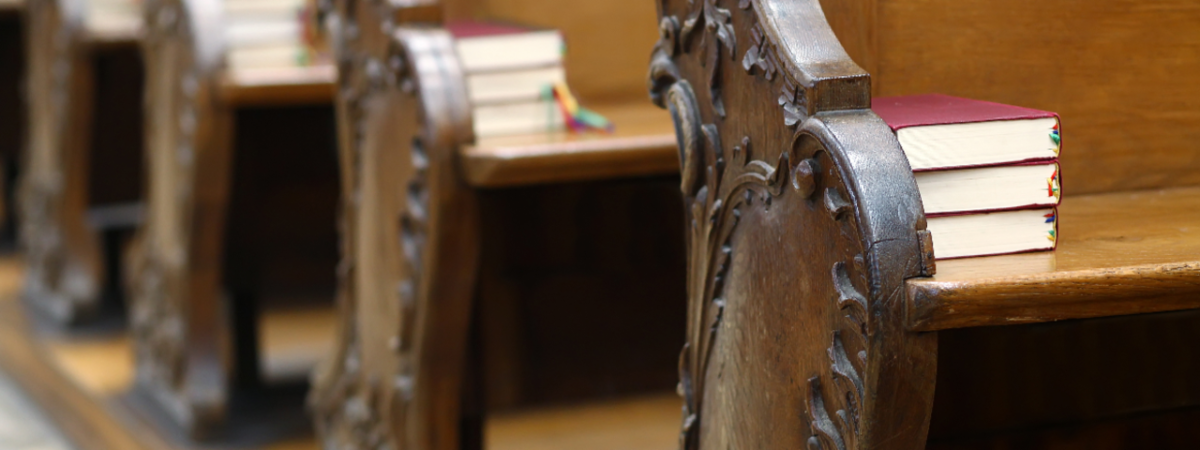When did Venezuela take a “wrong turn”?
SUGGESTED



McDonnell’s diagnosis of what that “wrong turn” was, however, was a creative one:
“I don’t think it was a socialist country. […]
[I]t took a wrong turn when Chávez went and I think unfortunately since then, I don’t think they have been following the socialist policies that Chávez developed. And as a result of that they’re experiencing problems.”
Unfortunately, the interviewer did not press McDonnell to be a bit more specific about this claim. Which of “the socialist policies that Chávez developed” have been abandoned, discontinued or reversed by Nicolas Maduro’s government? Did Maduro re-privatise previously nationalised companies? Did he lift some of the price controls that Chávez had imposed? Did he go soft on the private sector? What was the drastic policy change that made the Shadow Chancellor reverse his judgement on Venezuela, a model which he praised as ‘socialism in action’ just four years ago?
There was, of course, no policy change to speak. Maduro was never a political figure in his own right. He was always, first and foremost, a Chávez-loyalist, and he is now following “the socialist policies that Chávez developed” to a tee. (As Chávez knew he would, which is why he appointed him as his successor in the first place.)
But when did Venezuela take a wrong turn? How could what was once South America’s richest country end up as such a basket case?
While the blame does lie with Chávez, it is important to acknowledge that Chavismo did not suddenly pop up out of nowhere. The seeds were sown earlier. Take the following description:
“Venezuela’s new leaders concentrated on the oil industry as the main source of financing for their reformist economic and social policies. Using oil revenues, the government intervened significantly in the economy. […] [T]he government addressed general social reform by spending large sums of money on education, health, electricity, potable water, and other basic projects. […]
Increased public outlays manifested themselves most prominently in the expansion of the bureaucracy. […] [T]he government established hundreds of new state-owned enterprises and decentralized agencies as the public sector assumed the role of primary engine of economic growth. […] In addition to establishing new enterprises in such areas as mining, petrochemicals, and hydroelectricity, the government purchased previously private ones.”
This could easily pass as an account of the Chávez years. But it is actually a summary of what happened in the 1960s and 1970s. It was during those years, when the country was awash with oil money, that the Venezuelan economy became a patronage economy, and the Venezuelan state became a client state. Imagine a 1980s Greece, but high-powered with petrodollars.
It was a model that was built on high and rising oil prices. When oil prices peaked in the early 1980s, and then entered a prolonged period of steady decline, the party came to an end. Venezuela was still a rich country, but its economic performance became volatile and erratic. The government tried to maintain the high public spending levels that the population had grown accustomed to by borrowing and printing money. Between the early 1980s and the mid-1990s, government debt increased from less than 30% of GDP to around 70%, and inflation increased from about 10% to over 60%.
Successive governments tried to come to grips with these macroeconomic imbalances, but found it politically impossible. Adjustment packages were initiated, but never seen through.
It is in these conditions that a peculiar form of left-wing populism, of which Chavismo would become the most extreme variant, was born. Both of Hugo Chávez’s predecessors had railed against ‘neoliberalism’ (i.e. economics), and promised a return to the old, free-spending ways of the 1970s. Once in office, both of them quickly had to U-turn.
Had oil prices remained flat after Chávez’s election in 1998, his presidency might well have followed the same pattern: some initial populist grandstanding, then a U-turn with unpopular spending cuts and adjustment measures. Soon after, the next populist would have emerged, and denounced Chávez as a neoliberal sell-out.
But Chávez was lucky. His inauguration coincided with the start of an unprecedented oil price boom, which would last for about fifteen years.
Once again, Venezuela found itself awash with oil money. Oil revenue more than quintupled in real terms, and government spending shot up from under 30% of GDP to over 40%. The good times were back.
During his first term (1999-2002), Chávez’s policies were not particularly socialist. In its early days, Chavismo was simply a turbocharged version of the spending splurge of the 1970s. But during his second term, the government started to intervene more aggressively in the economy, especially via price controls. When the initial interventions did not produce the desired effect, the government railed against the industry in question, accusing its actors of ‘sabotage’ and ‘hoarding’. It then intervened in more heavy-handed ways, which often culminated in ‘revenge nationalisations’.
Thus, Chávez’s nationalisations were not led by strategic considerations. They were a disciplining tool to punish recalcitrant private sector actors. The famed ‘Socialism of the 21st Century’ was an ad-hoc, ‘revenge socialism’. The Chávez government rode roughshod over the rule of law. Key governance indicators, which measure the reliability of the legal system, the strength of the protection of property rights etc, declined steeply.
One need not be a believer in free markets to realise that Chavismo could never have been a workable economic model. The insight that price controls lead to shortages is GCSE-level economics. The insight that a predatory government, which randomly confiscates private property, deters economic activity, is not even economics at all – it is just common sense. Nor does it take a lot of imagination to see that a rapid expansion of public spending programmes increases the scope for corruption, patronage and nepotism.
Chavismo exacerbated existing economic problems, and created new ones. The overreliance on oil, for example, predates Chávez. But by creating a (no pun intended) hostile environment for investors and entrepreneurs in other sectors, Chávez made it worse. When Chávez was first elected, oil accounted for just over 70% of Venezuela’s exports. By the time of his death, it accounted for virtually all of it.
Chavismo created constant shortages of consumer goods, including basic essentials. Already in 2007, when the oil boom was in full swing, the Washington Post reported:
“Meat cuts vanished from Venezuelan supermarkets this week, leaving only unsavory bits like chicken feet, while costly artificial sweeteners have increasingly replaced sugar […]
Chavez’s administration blames […] unscrupulous speculators, but industry officials say government price controls […] are responsible. Authorities on Wednesday raided a warehouse in Caracas and seized seven tons of sugar […]
Shortages have sporadically appeared with items from milk to coffee since early 2003, when Chavez began regulating prices for 400 basic products”
One cannot identify any one specific ‘wrong turn’ in Venezuela’s economic history. It is more a matter of economic distortions building up over time, and compounding each other. Chavismo, however, amplified the worst tendencies of Venezuelan politics, and took them to absolute extremes, whilst eroding those aspects of Venezuela’s economic landscape that used to function reasonably well.
This, in a nutshell, is Chavez’s legacy. McDonnell is completely wrong to imply that the current government had, in any way, “betrayed” it. Would that they had. Venezuela would be a less miserable place now.
This article was first published on CapX.
2 thoughts on “When did Venezuela take a “wrong turn”?”
Comments are closed.





Venezuela took the wrong turn when in 1829 Simon Bolívar decided Venezuela would follow Spain’s, Carlos III’s 1783 mining laws, and decided that all natural resources lying underneath its ground, like oil, were to belong to the State.
The capitalists use imperialism to ensure socialism fails. Niemietz ignores the CIA’s role in this crisis, or that the rich are with holding food.
Most likely he’s a fascist himself who supported the Western backed murder of Lumumba.